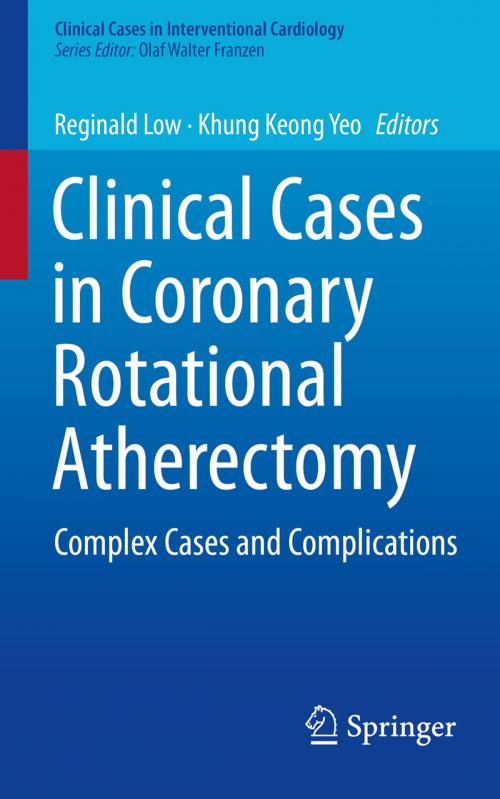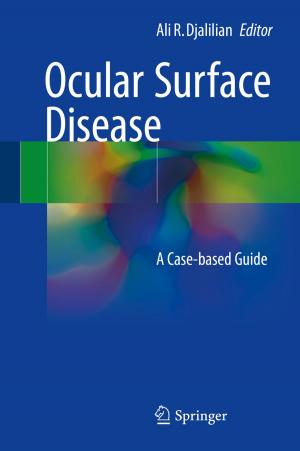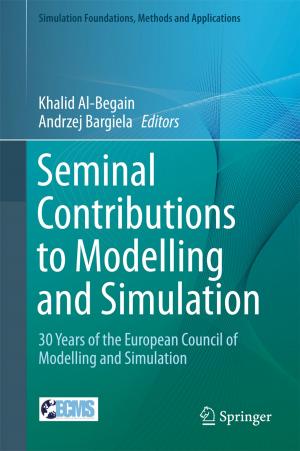Clinical Cases in Coronary Rotational Atherectomy
Complex Cases and Complications
Nonfiction, Health & Well Being, Medical, Specialties, Radiology & Nuclear Medicine, Internal Medicine, Cardiology| Author: | ISBN: | 9783319604909 | |
| Publisher: | Springer International Publishing | Publication: | November 5, 2017 |
| Imprint: | Springer | Language: | English |
| Author: | |
| ISBN: | 9783319604909 |
| Publisher: | Springer International Publishing |
| Publication: | November 5, 2017 |
| Imprint: | Springer |
| Language: | English |
This concise practical guide is designed to facilitate the clinical decision-making process in the management of rotational atherectomy procedures by reviewing a number of cases and defining the various diagnostic and management decisions open to clinicians. It will be well illustrated but concise, enabling the reader to obtain relevant information regarding both standard and unusual cases in a rapid, easy to digest format. Each case will also include a narrative description and patient management tips.
Rotational atherectomy (‘rotablator’) is used to treat heavily calcified lesions within coronary arteries at the time of percutaneous coronary intervention (PCI). Lesions that are inadequately treated may not be dilatable by balloons; and stents that are implanted in such lesions are at high risk for acute stent thrombosis and stent failure. However, rotablator therapy is high risk and present unique challenges to the interventionalists. Complications are generally uncommon. However, when they do occur, they tend to be disastrous.
In this case book, we present a series of rotablator cases: basic, complex cases, difficult cases, complications and unusual situations. Although PCI operators all have some degree of experience with this therapy, each operator is unlikely to have significant experience given the cost of the device and the risk involved. Therefore, this book will provide interventionalists with a valuable compendium of cases which can help them in the management of patients whom they plan to treat with rotational atherectomy.
This concise practical guide is designed to facilitate the clinical decision-making process in the management of rotational atherectomy procedures by reviewing a number of cases and defining the various diagnostic and management decisions open to clinicians. It will be well illustrated but concise, enabling the reader to obtain relevant information regarding both standard and unusual cases in a rapid, easy to digest format. Each case will also include a narrative description and patient management tips.
Rotational atherectomy (‘rotablator’) is used to treat heavily calcified lesions within coronary arteries at the time of percutaneous coronary intervention (PCI). Lesions that are inadequately treated may not be dilatable by balloons; and stents that are implanted in such lesions are at high risk for acute stent thrombosis and stent failure. However, rotablator therapy is high risk and present unique challenges to the interventionalists. Complications are generally uncommon. However, when they do occur, they tend to be disastrous.
In this case book, we present a series of rotablator cases: basic, complex cases, difficult cases, complications and unusual situations. Although PCI operators all have some degree of experience with this therapy, each operator is unlikely to have significant experience given the cost of the device and the risk involved. Therefore, this book will provide interventionalists with a valuable compendium of cases which can help them in the management of patients whom they plan to treat with rotational atherectomy.















